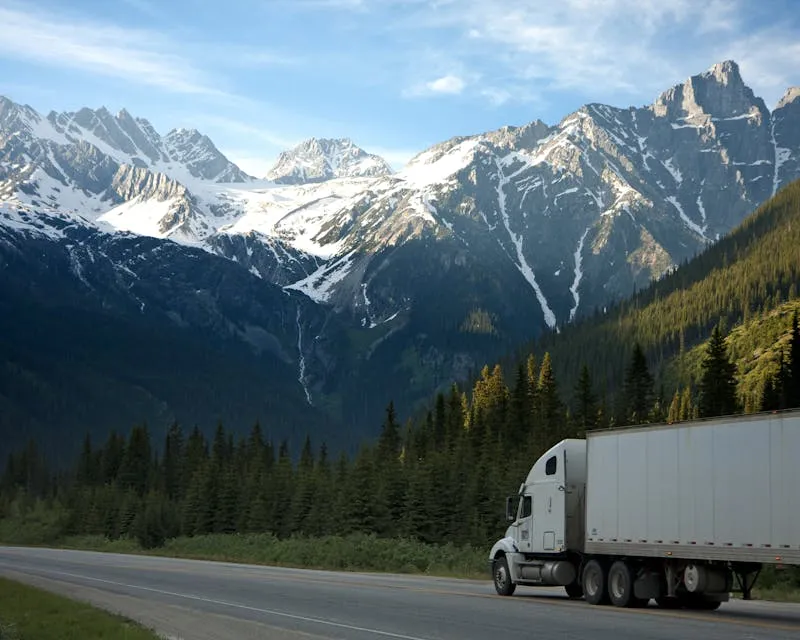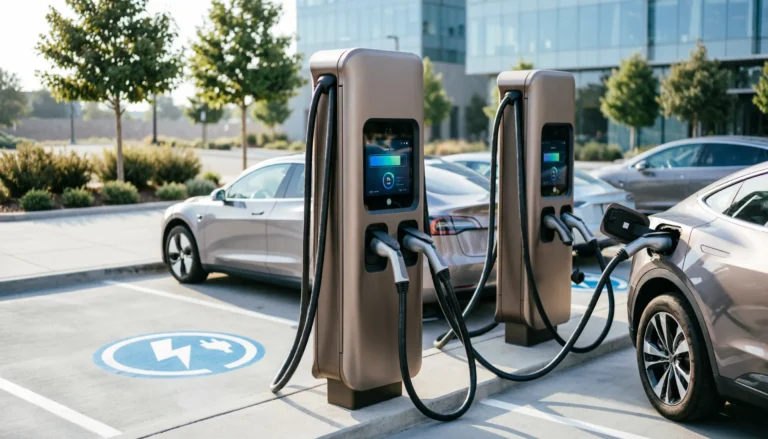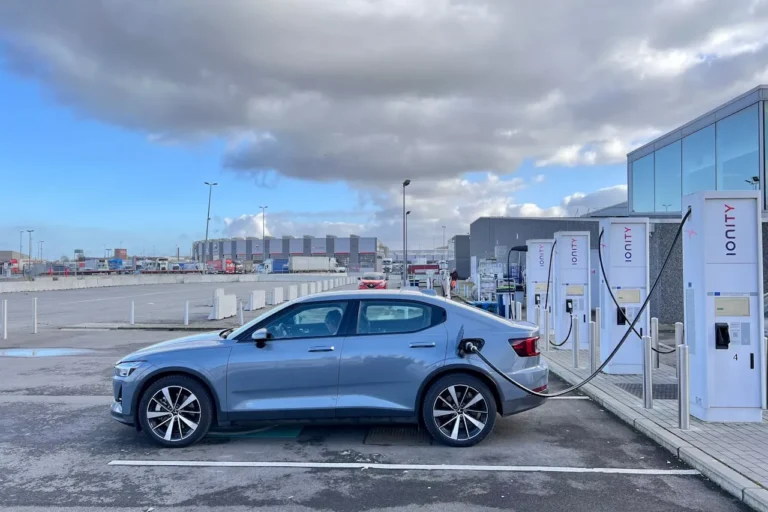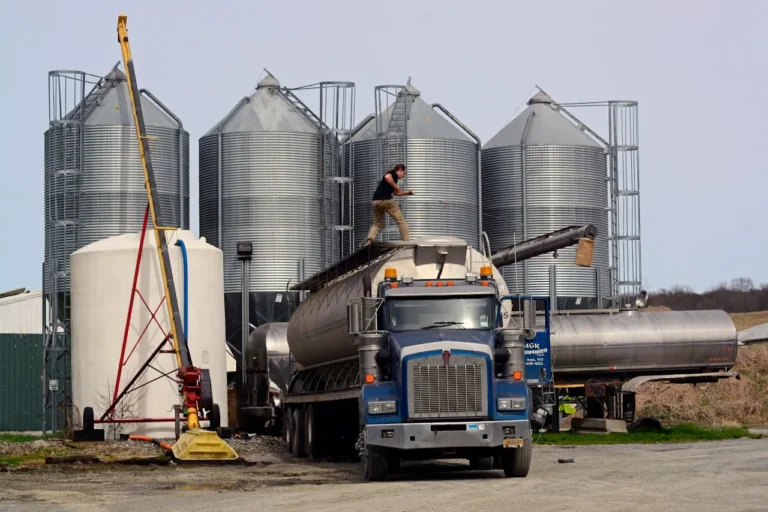
Clean Energy, the largest provider of renewable natural gas (RNG) for transportation, has launched a program enabling heavy-duty fleets to test a truck equipped with Cummins’ new X15N engine. J.B. Hunt Transport Inc., one of North America’s leading commercial fleet operators, is the first to participate. The 2025 Peterbilt 579 day cab, featuring Cummins’ 15-liter X15N natural gas engine, will be available for fleets to test for up to two weeks on their regular routes. These fleets will have access to Clean Energy’s extensive fueling infrastructure, which includes over 600 stations across North America, 200 of which are accessible to tractor-trailers.
“We are honored to have J.B. Hunt kick off our X15N demo truck program,” said Andrew Littlefair, president and CEO of Clean Energy. “This trial allows them to experience the engine’s impressive capabilities, which can help decarbonize part of their operations.”
Greer Woodruff, executive vice president at J.B. Hunt, expressed excitement about participating in the pilot, stating that RNG-powered vehicles produce significantly less carbon emissions and are more compatible with existing infrastructure than other emissions-reduction technologies. J.B. Hunt already operates more than 180 RNG-powered vehicles and is committed to reducing carbon emissions intensity by 32% by 2034, having surpassed the halfway mark of this goal in 2023.
The Cummins X15N engine, designed to haul heavy loads over 800+ miles, is receiving positive feedback for delivering similar power and torque to its diesel counterpart while drastically reducing greenhouse gas (GHG) emissions when powered by RNG. RNG, derived from organic waste, can reduce emissions by up to 300% compared to diesel, making the engine a key solution for heavy-duty fleets seeking sustainability.
The demo truck program will run through 2025 and expand to fleets across the U.S., including California, Texas, Ohio, and Florida. Following J.B. Hunt, other carriers will also test the low-carbon RNG-powered engine. RNG is a biogenic fuel sourced from waste at facilities like dairy farms, offering one of the cleanest transportation fuels with a negative carbon-intensity score.







